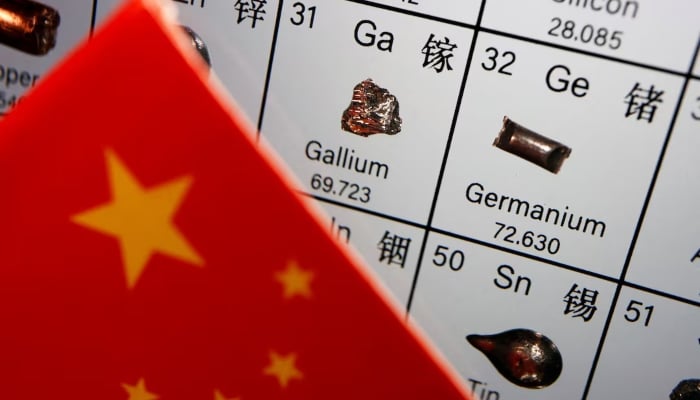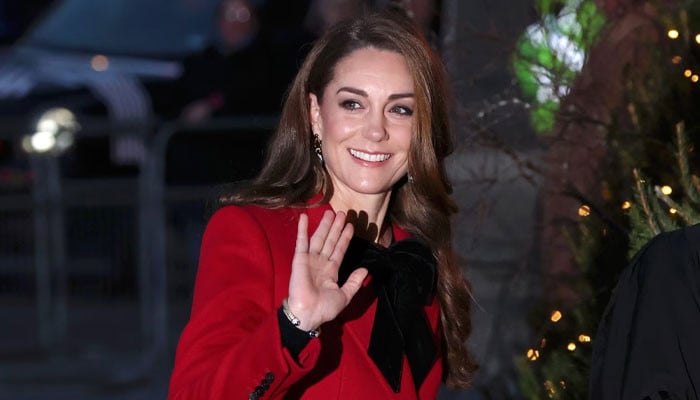Health
Origins of schools of thought stretch back many centuries
字号+ Author:Smart News Source:Sports 2025-01-15 08:53:01 I want to comment(0)
TO make a serious comparison between Confucianism and ancient Greek philosophy, one must look further back, to the many centuries — or even millennia — that preceded the rise of these influential schools of thought, according to Athina Kavoulaki, an associate professor at the University of Crete in Greece. Kavoulaki, who specialises in Greek literature, was in Beijing for the first World Conference of Classics from Wednesday to Friday. “Both ancient Greece and China experienced great development in the Bronze Age, which helped lay the ground for the intellectual flourishing that took place between the 7th and the 4th centuries BC,” she says. Judging by archaeological discoveries, China’s Bronze Age began no later than the 20th century BC, during the late Xia (c. 21st century-16th century BC) and early Shang (c. 16th century-11th century BC) dynasties. The height of Greece’s Bronze Age is best represented by the Mycenaean Civilisation, which flourished between 16th century BC and 11th century BC. The two also had different cultural emphasis for their respective use of bronze. In China, although bronze weapons appeared during this period, the focus was undoubtedly on using bronze ware for rituals and ceremonies in state-sponsored events, while in Greece, bronze was primarily used for military and artistic applications, as in weaponry, armor and architecture. Aristotle advocates a virtuous middle path which corresponds with the idea of balance and moderation central to Confucianism Such a comparison may shed light on the cultural and political underpinnings of the two distinct philosophical traditions. “China during the Shang and Zhou (c. 11th century-256 BC) dynasties, known for their magnificent ritual bronzes, was composed of vassal states that all bowed to the reign of the Zhou ruler,” says Wu Fei, philosophy professor at Peking University. According to him, this political arrangement, underscored by a unified belief system, had a profound impact on the basic tenets of Confucianism, which prioritised social cohesion, viewing morality as grounded in the context of family and society. “In Confucianism, one’s moral and ethical virtues are measured by how well one upholds society propriety and fulfills their roles within the family and society. With the state seen as an extension of the family, political engagement is often viewed as a natural outgrowth of one’s moral development, a chance to translate knowledge into actions that promote social harmony,” he says. Political participation in achieving personal fulfillment was also advocated by ancient Greek philosophers, as Aristotle famously remarked in his work Politics that “man is by nature a political animal”. In Aristotle’s view, the polis, or Greek city-state, is the highest form of community, where people can fully realize their potential as rational and moral beings, partly through the performance of their civic duties.
1.This site adheres to industry standards, and any reposted articles will clearly indicate the author and source;
 Related Articles
Related Articles-
Meezan Bank users hit by third party data breach; Are Your debit card details safe?
2025-01-15 08:12
-
Saim Ayub to receive medical treatment in London
2025-01-15 07:10
-
Neeraj Chopra advises Indian athletes to refrain from doping
2025-01-15 06:33
-
Saim Ayub to receive medical treatment in London
2025-01-15 06:29
 User Reviews
User Reviews Recommended Reads
Recommended Reads Hot Information
Hot Information- FIA Counter Terrorism Wing’s director removed for allegedly raping woman official
- Lionel Messi skips Presidential Medal ceremony with Biden
- Lionel Messi skips Presidential Medal ceremony with Biden
- Neeraj Chopra advises Indian athletes to refrain from doping
- ‘Squid Game 2’ actor’s inappropriate video leaked online
- West Indies arrive in Pakistan for Test series after 18 years
- Saim Ayub to receive medical treatment in London
- Neeraj Chopra advises Indian athletes to refrain from doping
- Faiz Hameed’s alleged ties to 50 Pakistani politicians, including Imran Khan, being probed: report
 Abont US
Abont US
Follow our WhatasApp account to stay updated with the latest exciting content












